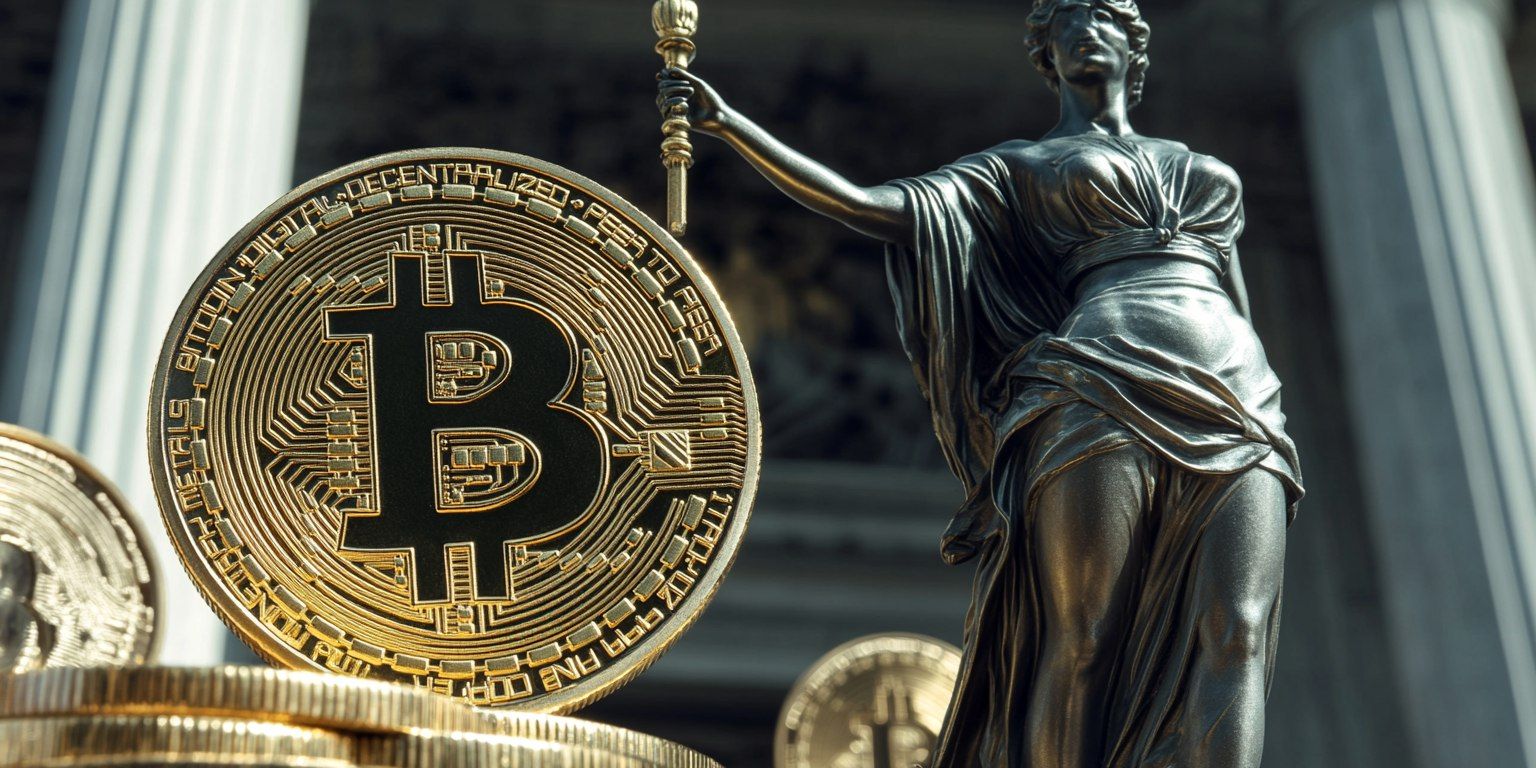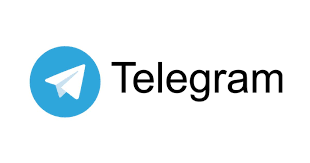 CaryptosHeadlines Media Has Launched Its Native Token CHT.
Airdrop Is Live For Everyone, Claim Instant 5000 CHT Tokens Worth Of $50 USDT.
Join the Airdrop at the official website,
CryptosHeadlinesToken.com
CaryptosHeadlines Media Has Launched Its Native Token CHT.
Airdrop Is Live For Everyone, Claim Instant 5000 CHT Tokens Worth Of $50 USDT.
Join the Airdrop at the official website,
CryptosHeadlinesToken.com
Sanctions ice is cracking: bitcoin mixers have been granted legal immunity. The U.S. Treasury Department on March 21 excluded Tornado Cash from its blacklist, a precedent that ushers in a new era in crypto transaction privacy.
A fateful ruling by a U.S. appeals court has ruled the sanctions against the cryptomixer illegal, with the underlying argument that “immutable smart contracts are not the property of a foreign national or entity” and therefore cannot be subject to sanctions pressure. The Office of Foreign Assets Control (OFAC) had to remove dozens of smart contract addresses from its list, a decision that confirms the legality of anonymization tools.
The Ethereum Foundation, which donated $1.25 million to the defense of Tornado Cash developer Alexey Pertsev, played a key role in defending the mixers.
“Privacy is OK, and writing code is not a crime,” the foundation said, marking a fundamental boundary between a software tool and its potential use.
Privacy is Coming Back Into the Legal Realm
Bitcoin mixers are protocols that allow cryptocurrencies to be pooled into a common pool with subsequent withdrawal to other addresses. Technically, this makes it impossible to trace the source of funding.
Historically, regulators have been suspicious of such instruments. OFAC accused Tornado Cash of facilitating the laundering of more than $7 billion in illegal funds, including money from North Korean hacker group Lazarus. However, a January court ruling put a bold end to the issue: the code itself cannot be criminalized.
Why Mixers are Necessary For Bona Fide Users
The recent example of the Garantex exchange clearly illustrates the risks of sanctions policy. The exchange, which was hit by US sanctions back in 2022 and then included in the EU’s 16th sanctions package in February 2025, was left in limbo after blocking $27 millions by Tether.
The exchange was forced to completely halt operations, as a result of which users lost the ability to dispose not only of stablecoins, but also of all other assets, including bitcoins. Conscientious customers who were unaware of the sanctioned status of the platform lost access to their funds. Even those who have previously withdrawn bitcoins from the exchange risk being left with “dirty” coins, the origin of which raises questions for other platforms. You may unknowingly receive compromised bitcoins and face blocked funds at the AML verification stage when you try to use them.
Balancing Privacy and Security
The Tornado Cash decision sets a crucial precedent that returns privacy technologies to their rightful status. This is not just a technical decision – it is a fundamental question of financial freedom.
For ordinary cryptocurrency users, the legal protection of mixers is a chance to secure their assets from unforeseen risks while maintaining privacy. The fine line between the desire for privacy and financial security has now been given clear legal guidelines.
Tornado Cash Removed from OFAC Sanctions Lists
The US Department of the Treasury’s Office of Foreign Assets Control (OFAC) has removed economic sanctions from Tornado Cash.
More than 100 Ethereum addresses have been excluded from the sanctions lists. According to the ministry’s statement, the decision was made after “reviewing new legal and policy issues” related to crypto businesses.
The project fell under OFAC sanctions in August 2022 due to its role in money laundering. According to U.S. authorities, since the service was created, attackers have spent more than $7 billion through it. Tornado Cash was used in particular by hackers of the North Korean group Lazarus.
On August 12, 2022, one of the mixer’s creators, developer Alexei Pertsev, was arrested on suspicion of involvement in money laundering and concealing criminal financial flows on suspicion of involvement in money laundering and concealing criminal financial flows.
All company property, user funds and source code of Tornado Cash in and outside the United States were blocked, and residents and citizens were banned from using the service.
On January 21, 2025, the U.S. Court of Appeals for the Fifth Circuit overturned the sanctions due to “abuse of authority” by OFAC and remanded the case back to the U.S. District Court for the Western District of Texas for further proceedings;
Soon, Pertsev announced that he would be released on February 7.
The U.S. Justice Department also emphasized “deep concern” about North Korea’s activities in hacking, stealing and laundering funds for the ruling regime.
“Digital assets present tremendous opportunities to innovate and create value for the American people. Protecting the digital asset industry from abuse by North Korea and other illicit actors is essential to establishing U.S. leadership,” said Treasury Secretary Scott Bessent.













